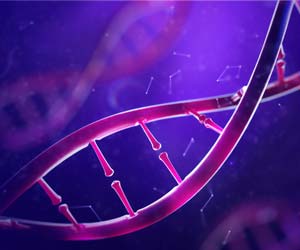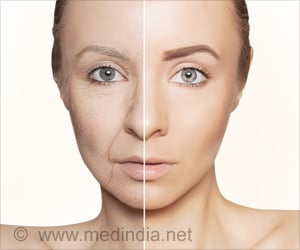FAQs on The Impact of Sugar and Antioxidant-Rich Diets on Epigenetic Aging
1. What is epigenetic aging?Epigenetic aging refers to the biological age of your cells, which can differ from your chronological age based on lifestyle factors like diet.
2. How does sugar accelerate aging?
Sugar accelerates aging by increasing inflammation and glycation, leading to faster cellular and systemic aging.
3. What is the GrimAGE2 clock?
GrimAGE2 is an epigenetic clock that estimates biological age by analyzing DNA methylation patterns related to inflammation and blood sugar levels.
4. Can an antioxidant-rich diet really slow aging?
Yes, diets rich in antioxidants have been shown to slow epigenetic aging by reducing oxidative stress and inflammation.
5. What foods are high in antioxidants?
Foods like berries, nuts, leafy greens, and whole grains are high in antioxidants and can help protect against aging.
6. Why is inflammation linked to aging?
Chronic inflammation contributes to cellular damage, which accelerates the aging process and increases the risk of age-related diseases.
7. How much sugar is too much for healthy aging?
It's best to minimize added sugars as much as possible; even small increases in sugar intake can accelerate aging.









